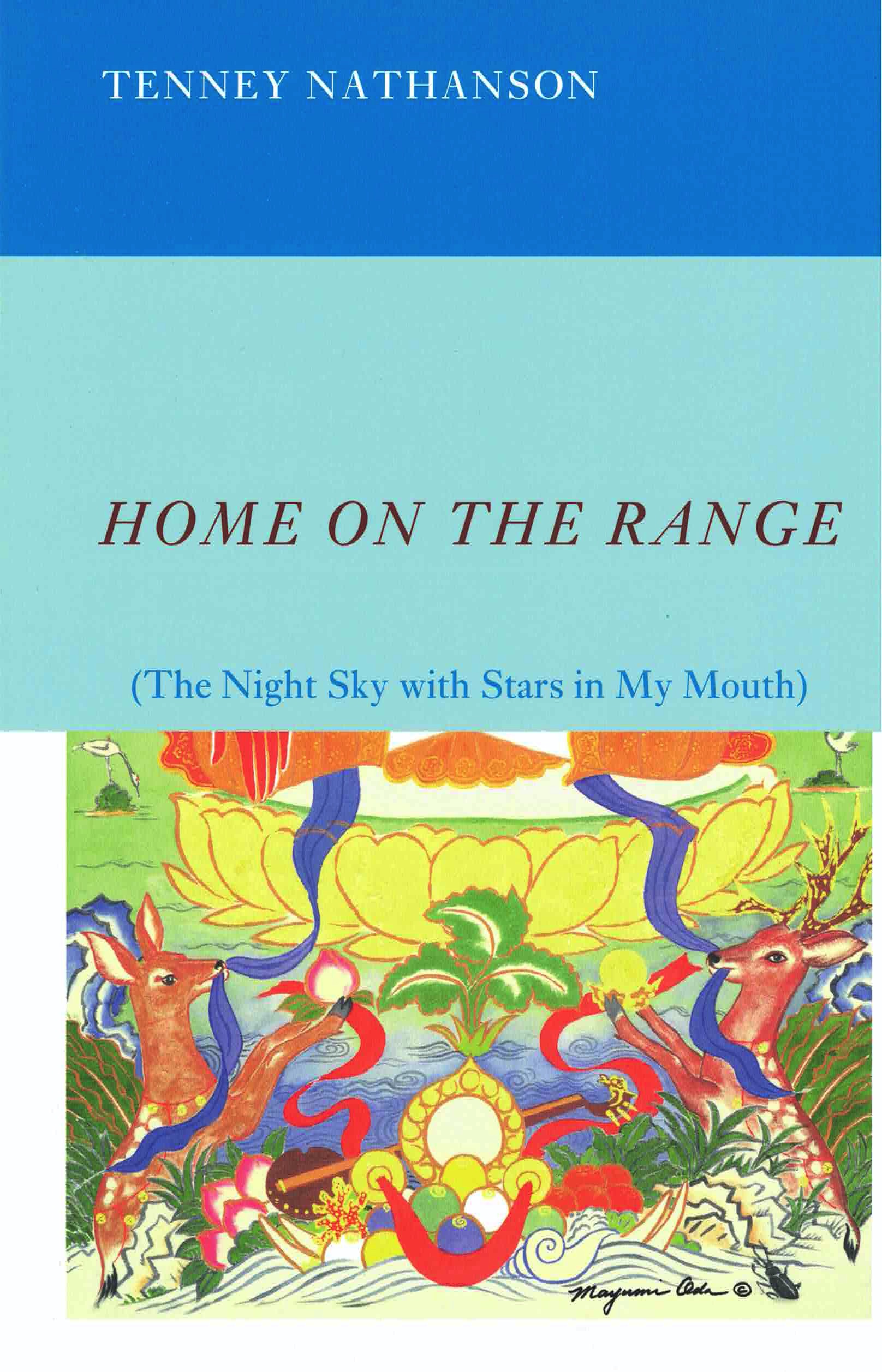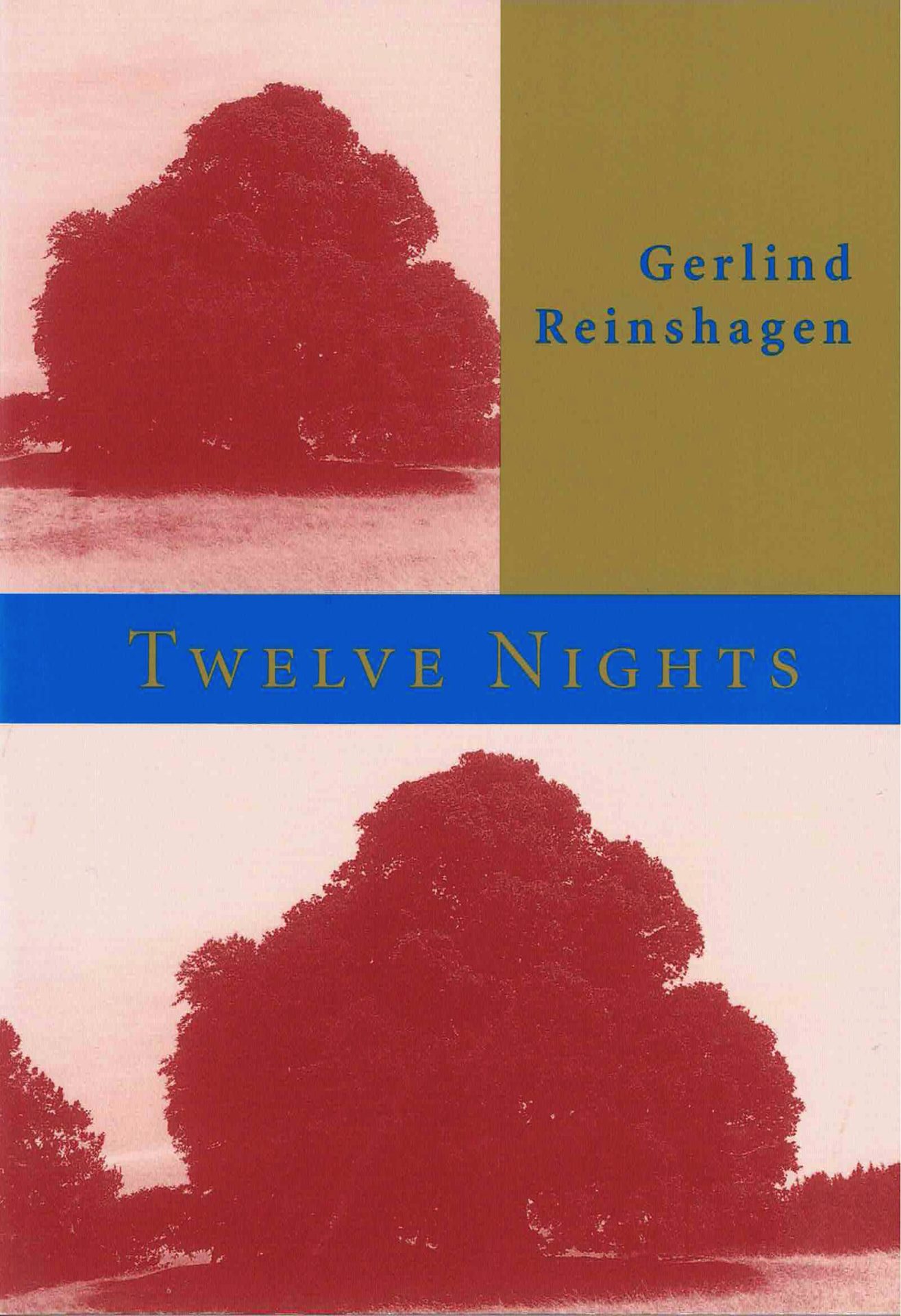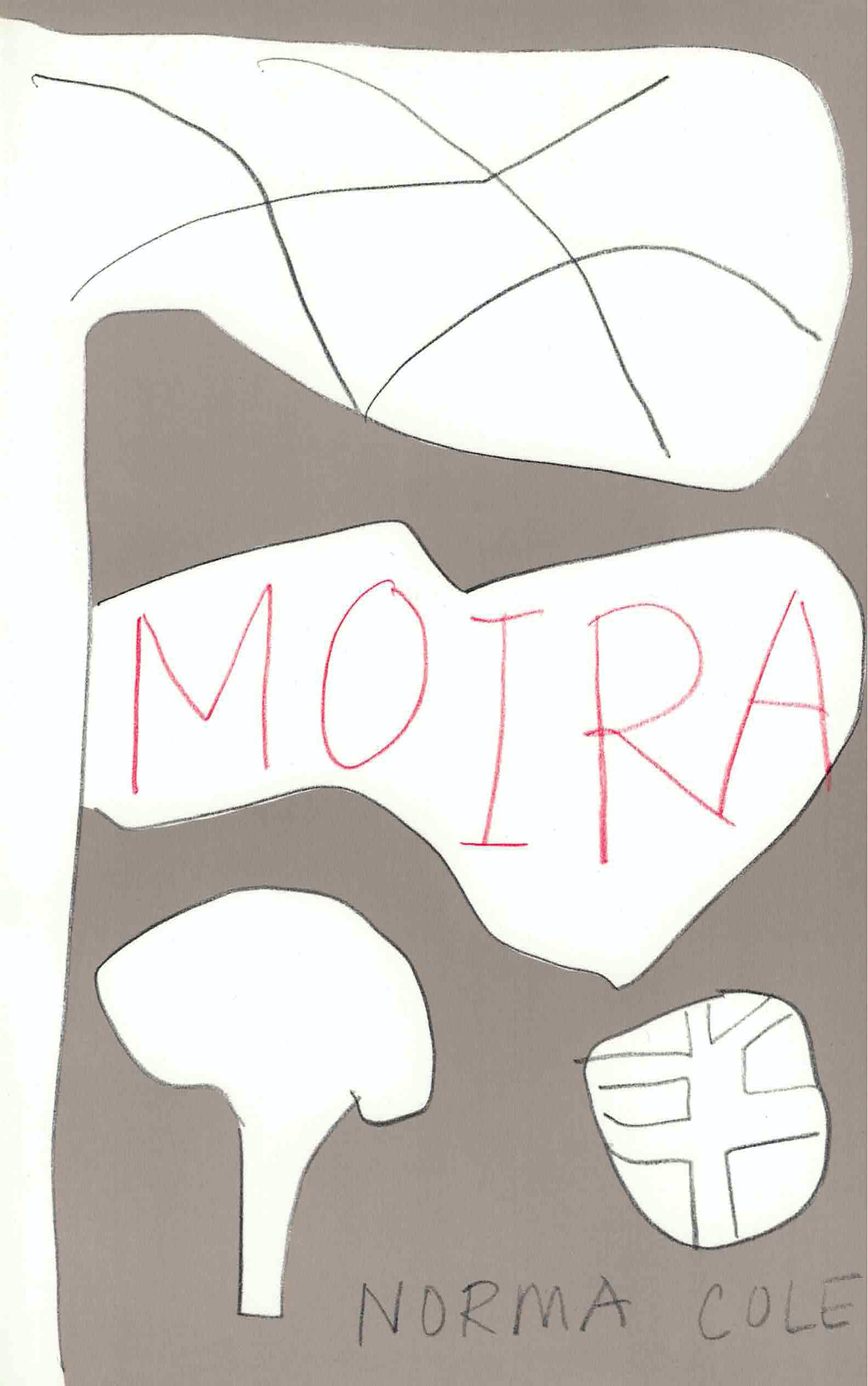Tenney Nathanson’s Home on the Range is an energetic, original and curious work, roaming among poetry, fiction, and dream—a “travel” narrative traversing many haunted semantic sites. Whitman-inspired in its scope and interactive probing, yet also a work evoking losses, oddities, and orphanhood. — Rachel Blau DuPlessis
Tenney Nathanson
Praise for Home on the Range
In Tenney Nathanson’s epic poem, Home on the Range (The Night Sky with Stars in My Mouth), Kafka goes to the mall, modernist alienation meets consumer angst, “mile after mile of strip malls and car lots: home on the range.” Its 108 stanzas offer a circuitous and often interrupted path, littered with shards of western texts—from Whitman and Melville to Stein, Benjamin, Mailer. But these encrypted writings are not mere commodities on display but components in a talmudic interrogation of Zen Buddhist principles of empty mind. As such, Home on the Range mirrors a new poetic and spiritual cosmopolitanism—a “free working in differentiation”—as an alternative to high noon dramas of the global marketplace.
— Michael Davidson
Tenney Nathanson is one of the poets who in a transparent way are obsessed by investigation and consciousness. His poetry is immense, and his awareness of detail and the science of music never relents. He is perhaps a religious poet of the “religion of the surface of things.” His idea of the poem is of a naturalizing epic that may exclude nothing. In this sense, his poetry is always about the family and the possibilities of friendship and Eros in a bleak time. But for him and his poetry, the time is always political, urban and full of voices, like a Wang Wei Deer Park in the midst of New York City and Arizona as universities and universal history rotated, torqued, and exploded into a new garden. Nathanson comes from the tradition of experience and Dewey, and his work is less about anything than it is a wilderness experience, like the baggy novel full of fate: the long poem to wander. He is one of my favorite poets, and he is impossibly and humorously serious and refined. Don’t call him difficult; it’s all pleasure.
— David Shapiro





All of the signature elements of Nathanson’s poetry are visible: the southwest, the Whitmanesque line, the cultural and intellectual history, appropriation… A structure that one might think of as musical, beginning with shorter movements, proceeding to longer ones, using each section to identify, develop and sustain its own unique pitch… he has an ear that is continually complicated by an overlay of mind. At that level, this poem is one long elaboration of the senses, yet it’s just as deeply embedded in history. It’s a complex production, yet is completely governed by desire and its cognates.
— Ron Silliman, Silliman’s Blog
The “range” (scope) that Nathanson is at “home” on is a wide array of scriptive cultural artifacts. Collage deployment of that scope engenders the “homelessness” of the between, of intertextuality: such poetry ranges in ways that a time-traveling Whitman would probably judge to “contain [new and old] multitudes”: “say I also return, translucent, beetles rolling balls of dung, winds surging, shaded, are the others down/ and sundered, no, they’re down where the tall grass twines under the oak tree having a Swabian picnic. swell”
— Thomas Fink, Galatea Resurrects